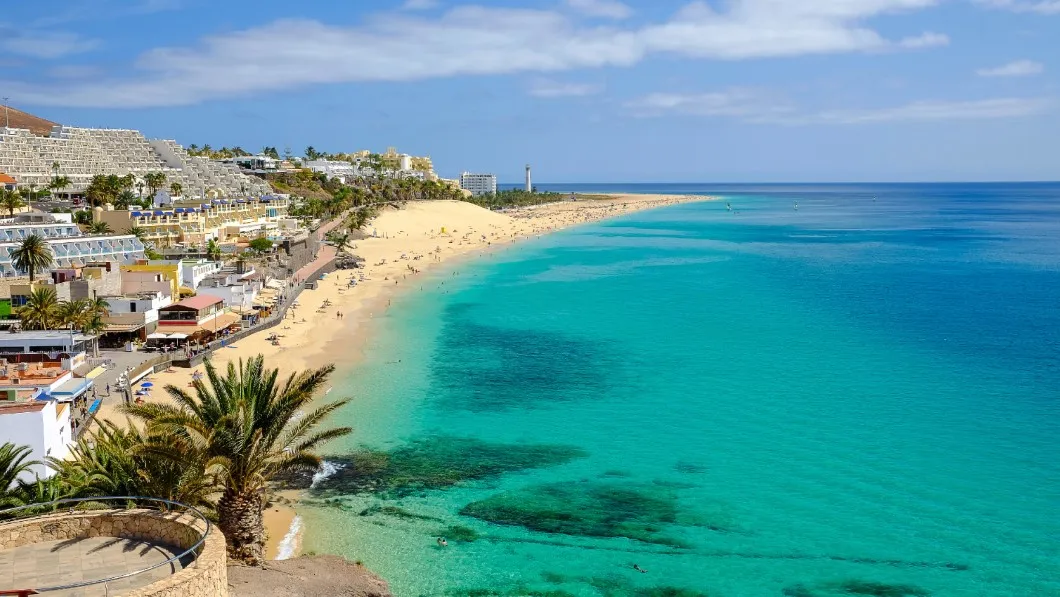
Canary Islands hoteliers remain anxious as the new crisis of the Thomas Cook Group unravels, the second most important tour operator for the destination. The president of the Hotel and Tourism Business Association (FEHT) of Las Palmas, José María Mañaricua, tried to send a message of “trust” in terms of the travel company’s ability to overcome the difficult situation it currently experiences.
In recent days, the Thomas Cook Group has collapsed in the stock market after announcing that it lost 163 million pounds sterling (about 183.2 million euros) in its last fiscal year, which ended on September 30, compared to revenues of 9 million pounds (10 million euros) generated in the previous year, and after three consecutive favorable years.
Peter Fankhauser, CEO of the company, acknowledged during the news release of these results that 2018 has been “disappointing” for Thomas Cook. “Although all of our origin markets were affected, we saw an extraordinary impact on our business in the United Kingdom, where the slowdown in reservations was attached to an already competitive market for the Spanish holidays,” the company recognized while also mentioning the establishment of a specific plan to address the tour operator crisis, which will be implemented throughout 2019 with capacity adjustments and the introduction of more dynamic tour packages.
The tour agency admitted that Continental Europe has seen its number of reservations drop largely due to a lower demand for trips to the Canary Islands, a key destination during the winter season, and the drifting of tourists to other competing destinations (namely Turkey, Tunisia, and Egypt) seeking alternatives to the high hotel prices in the Canary archipelago.
In 2017, Thomas Cook provided transportation for almost 2.3 million passengers to the archipelago, which meant the loss of 91,000 users in comparison to 2016, meaning a 3.9% decrease.
The tour operator crisis was particularly visible with respect to British customers: their planes, transported 856,034 passengers to the archipelago from the United Kingdom, 63,663 fewer tourists than the year before, which almost represents a 7% decrease.
However, tour operators did maintain the German market, with over 864,000 passengers arriving in the Islands, only 5,523 less (-0.6%); and also the Northern European segment, which added 468,324 arrivals to the islands, 1,918 less (-0.4%), according to data released by the Canary Islands Tourist Board, Promotur.
This year drop in UK arrivals to the islands by the Thomas Cook Group have dwindled between 6% and 10%, according to data that this newspaper has been able to confirm.

The representative of the hotel association of Las Palmas trusts the ability of the tourist giant to recover from these negative figures: “Thomas Cook is essential for the destination, as long as it maintains important air connectivity with the islands, and has its own hotels in property, which makes the islands one of its most important destinations. This commitment to the Canary Islands has generated a lot of wealth for the destination and will continue to do so because we have no doubt that it has enough strength to overcome this,” Mañaricua emphasized.
In 2019, Thomas Cook will focus on improving its capacity management, address the performance of its tour operators in the United Kingdom, promote the sale of ancillary services with groundbreaking initiatives, and seek to improve the margins of its own brand hotel strategy while implementing a greater focus and cost discipline in the whole travel group. Canary Island hoteliers also have a course of action to follow: reducing their rates after years of rises.










